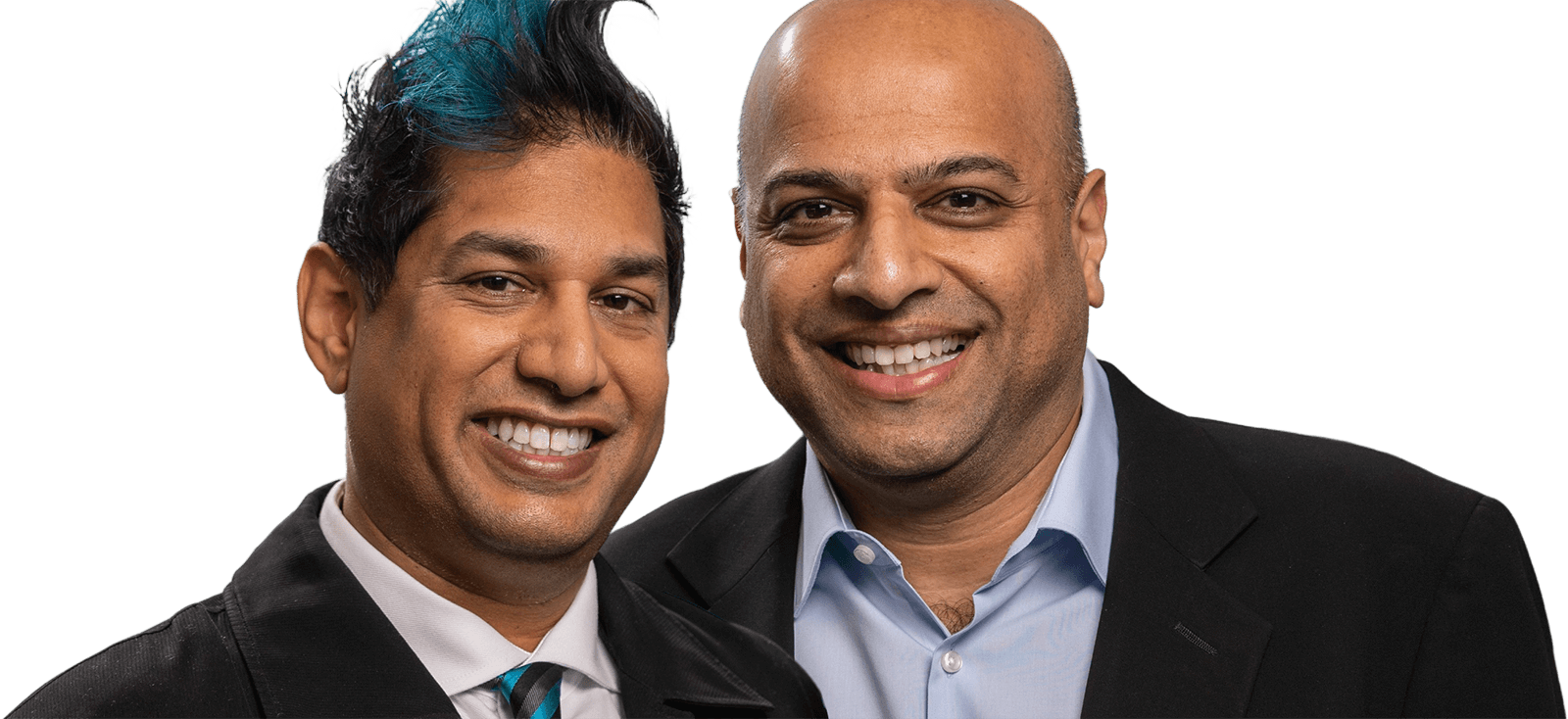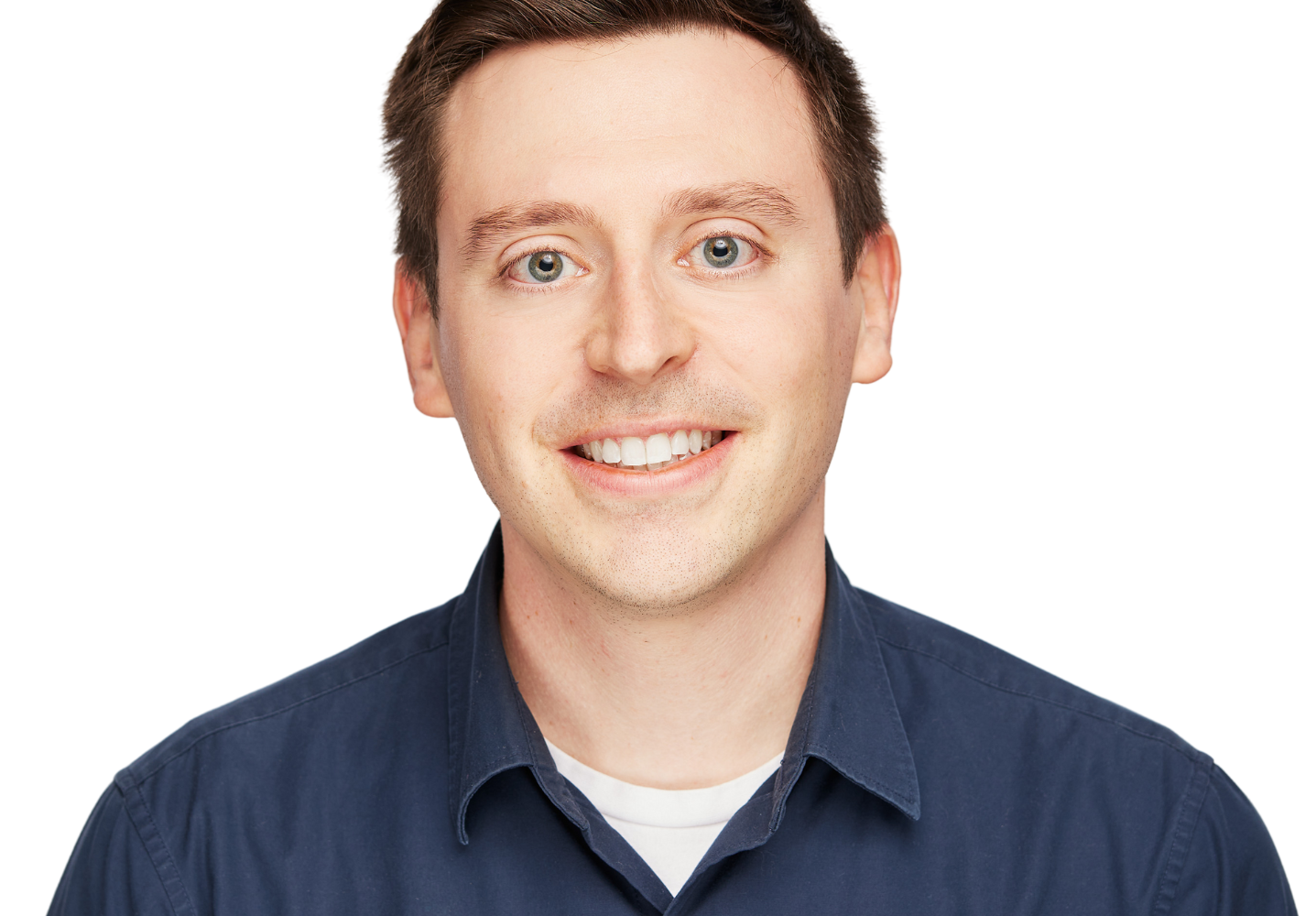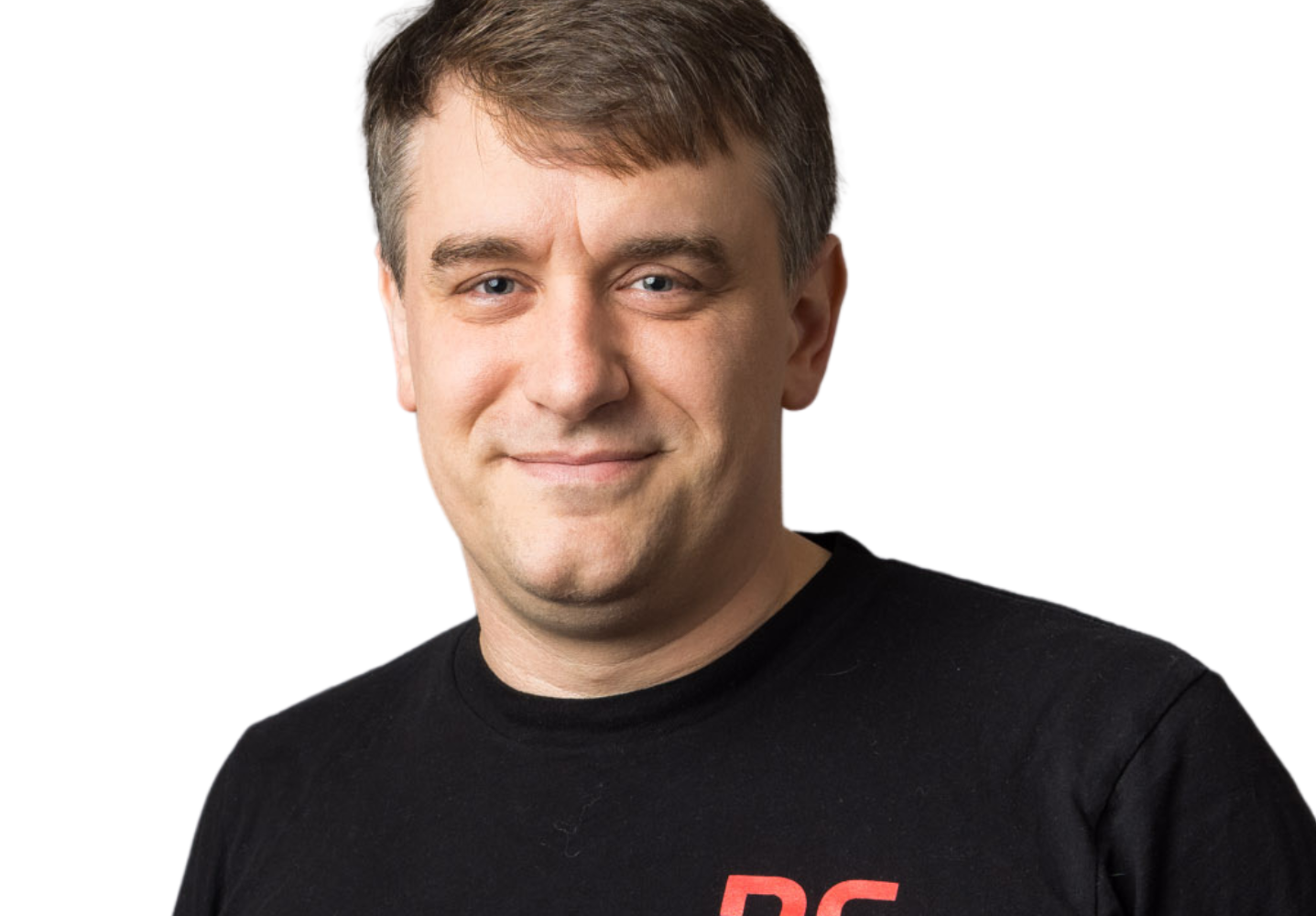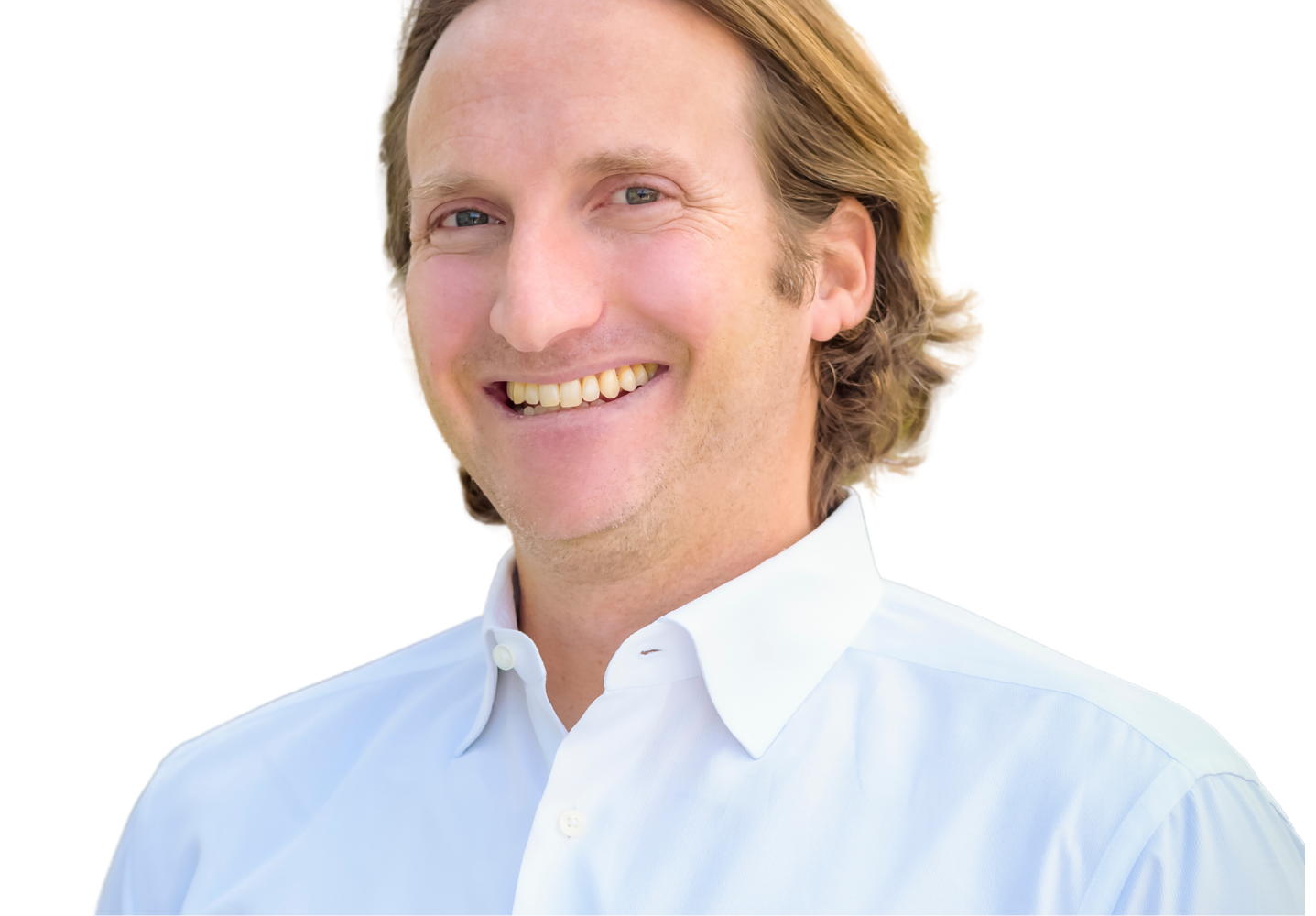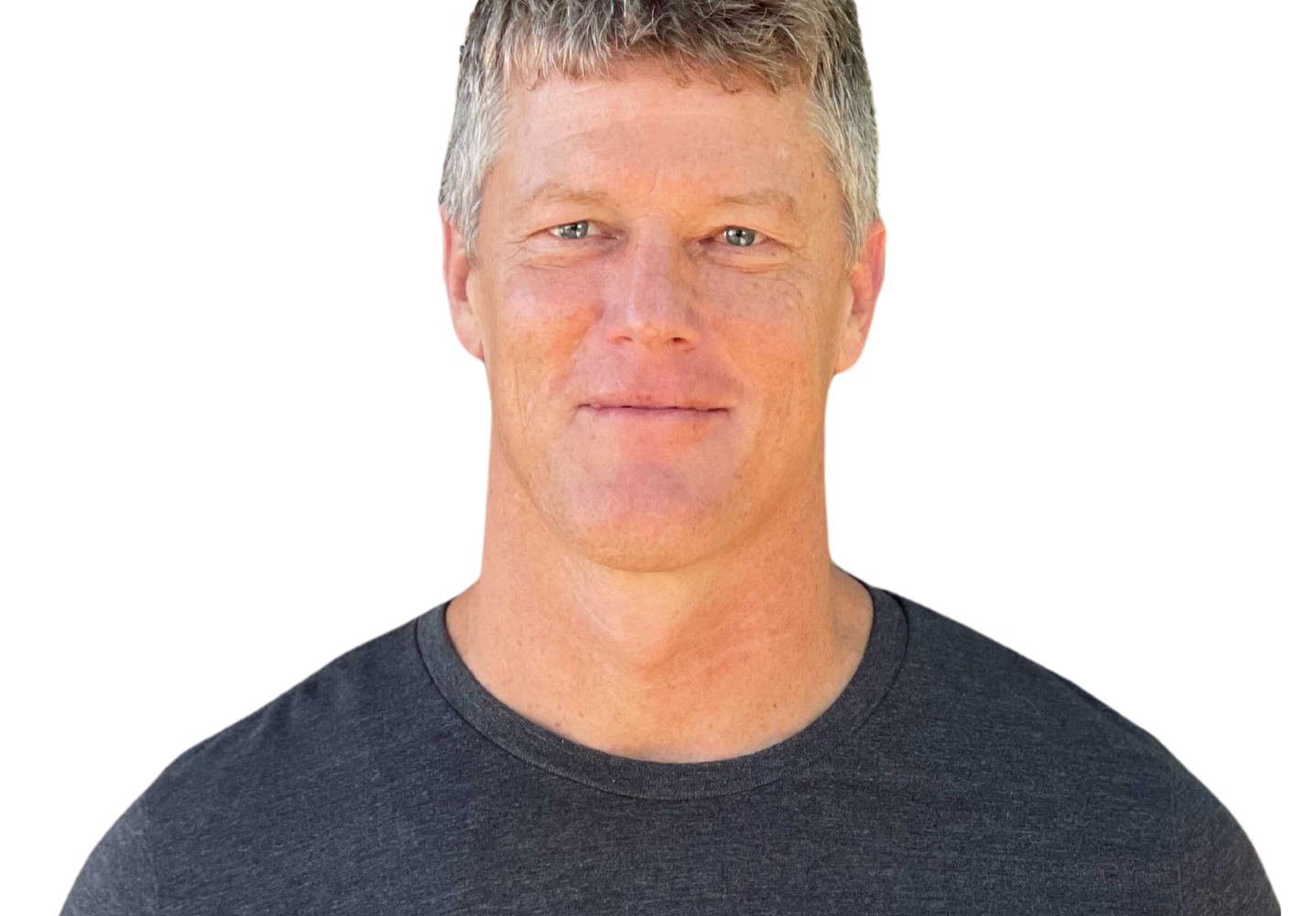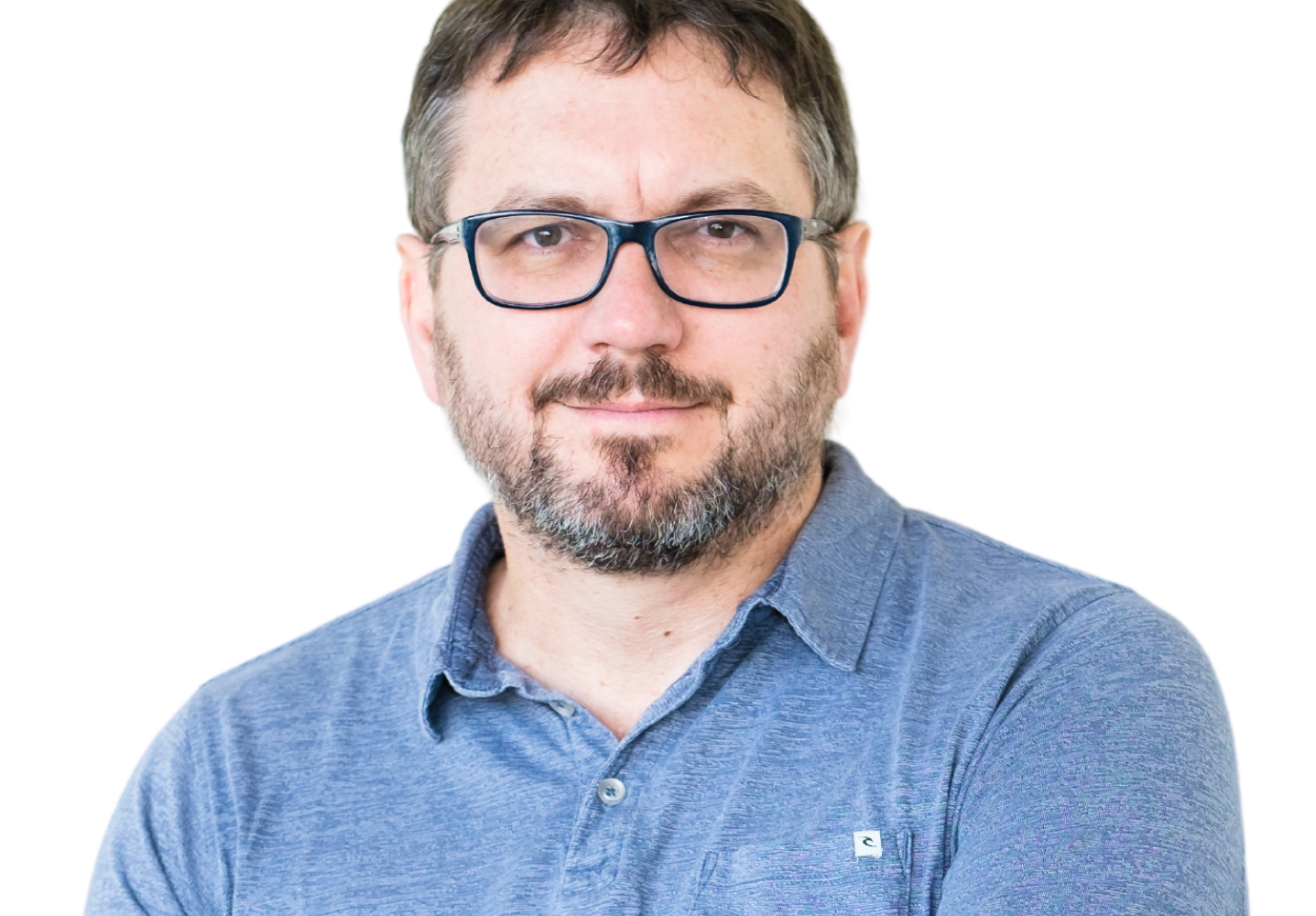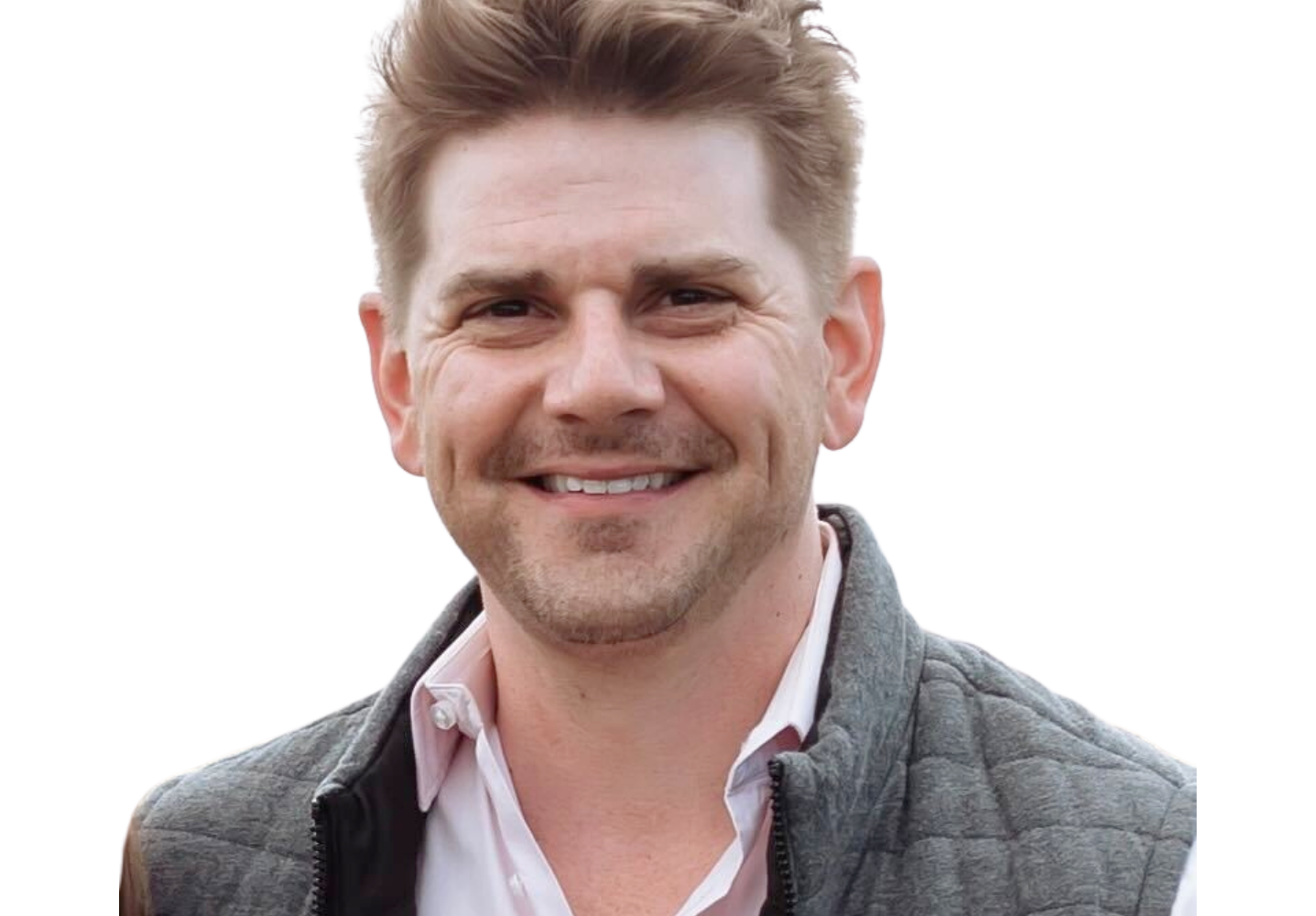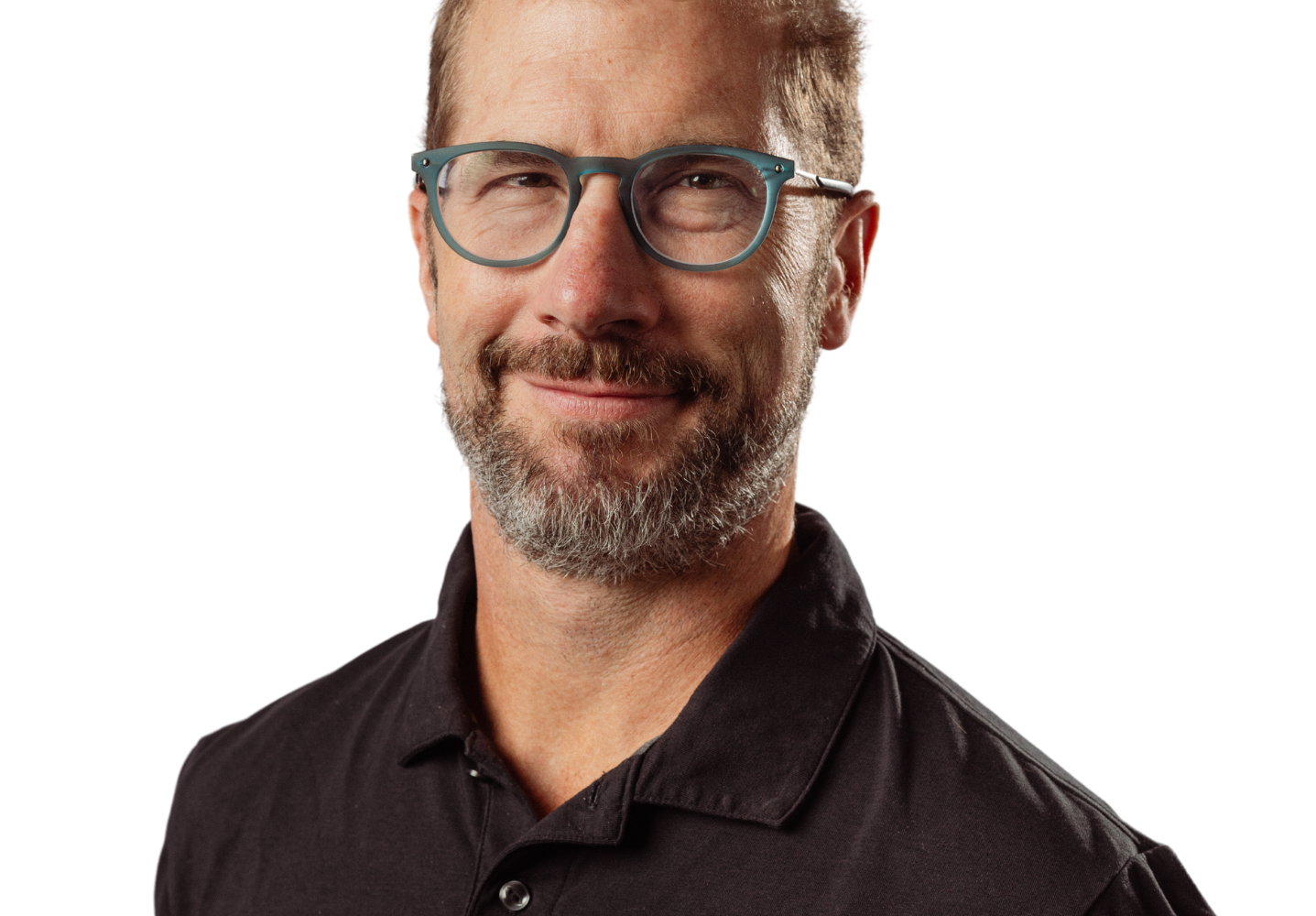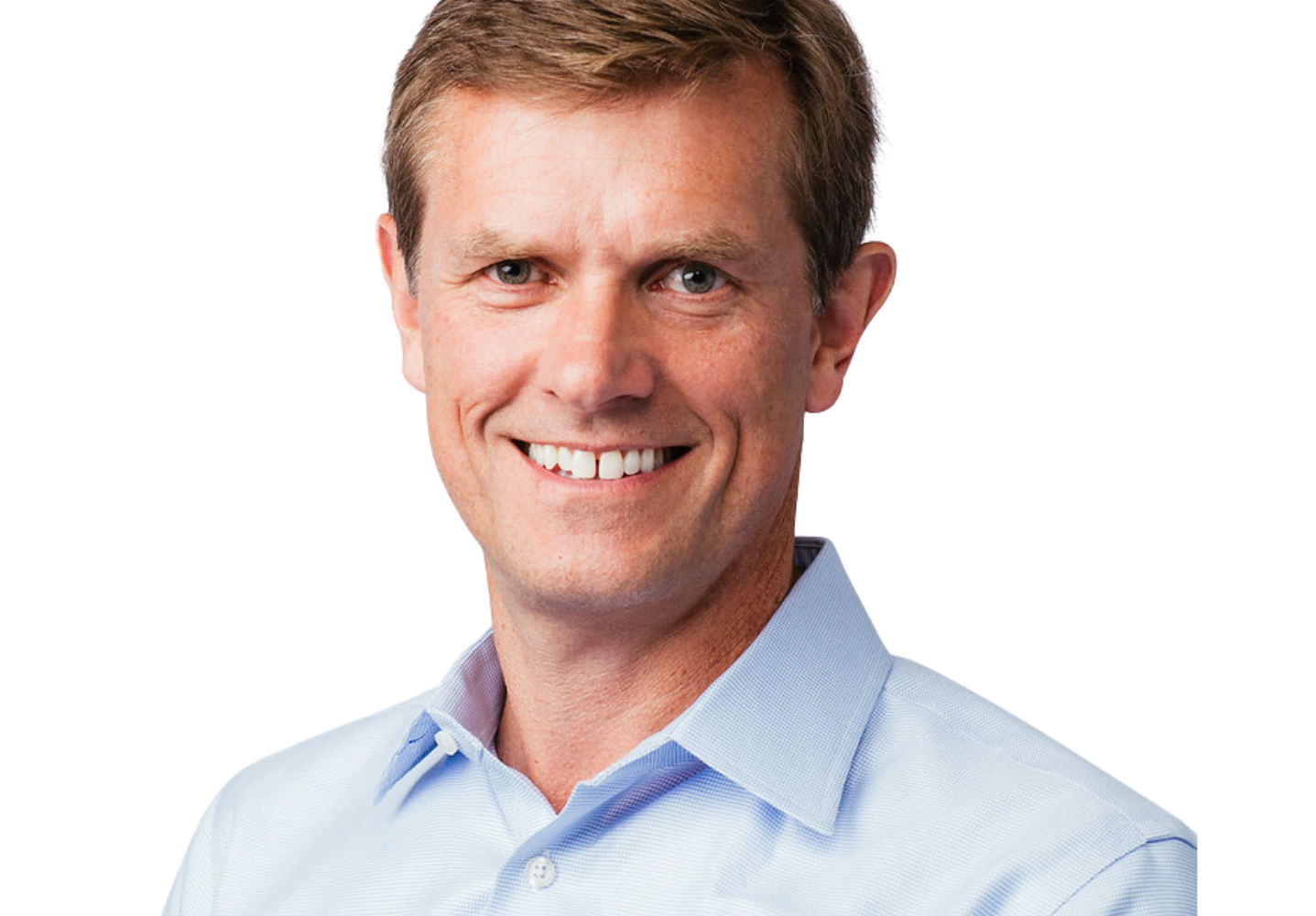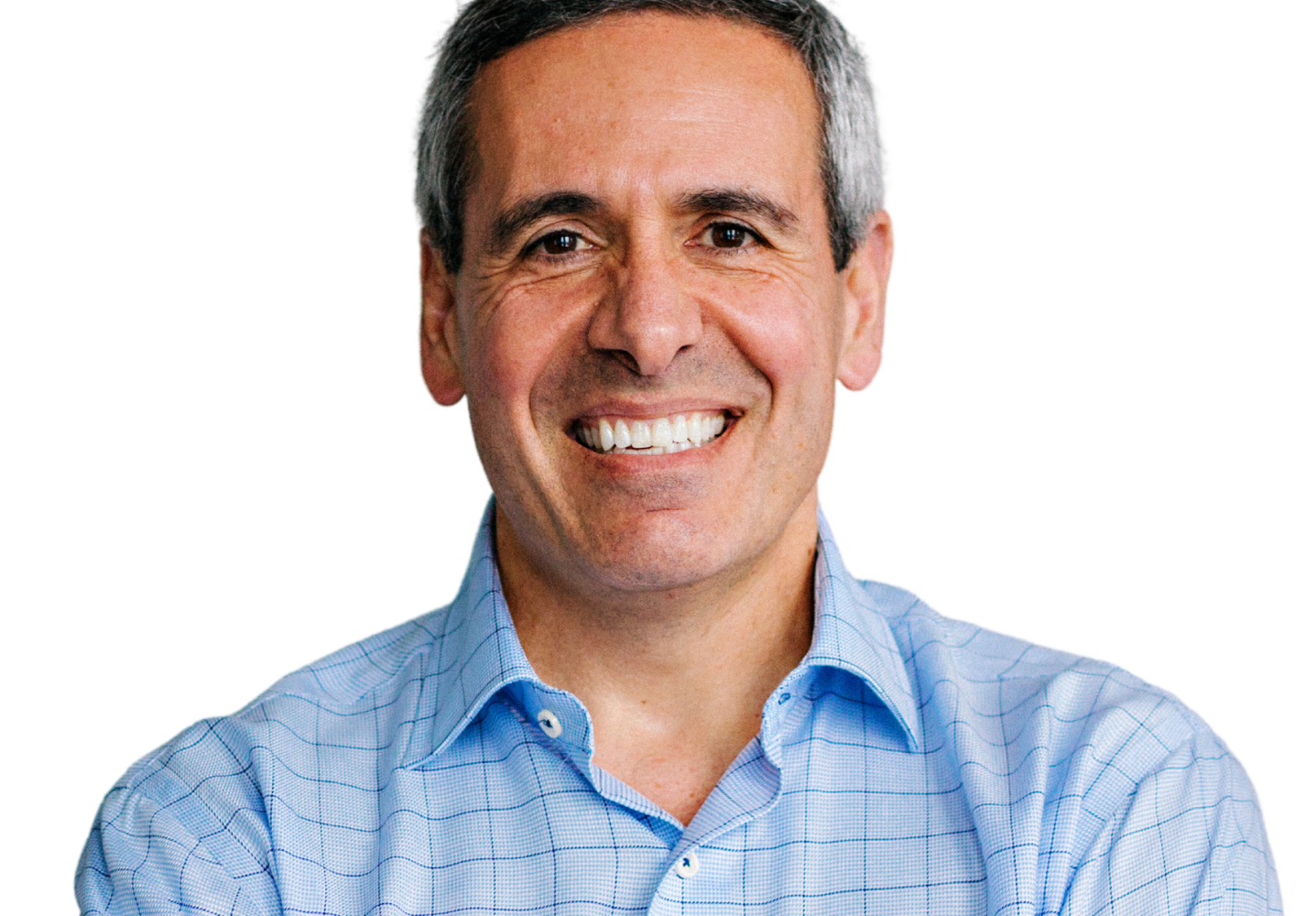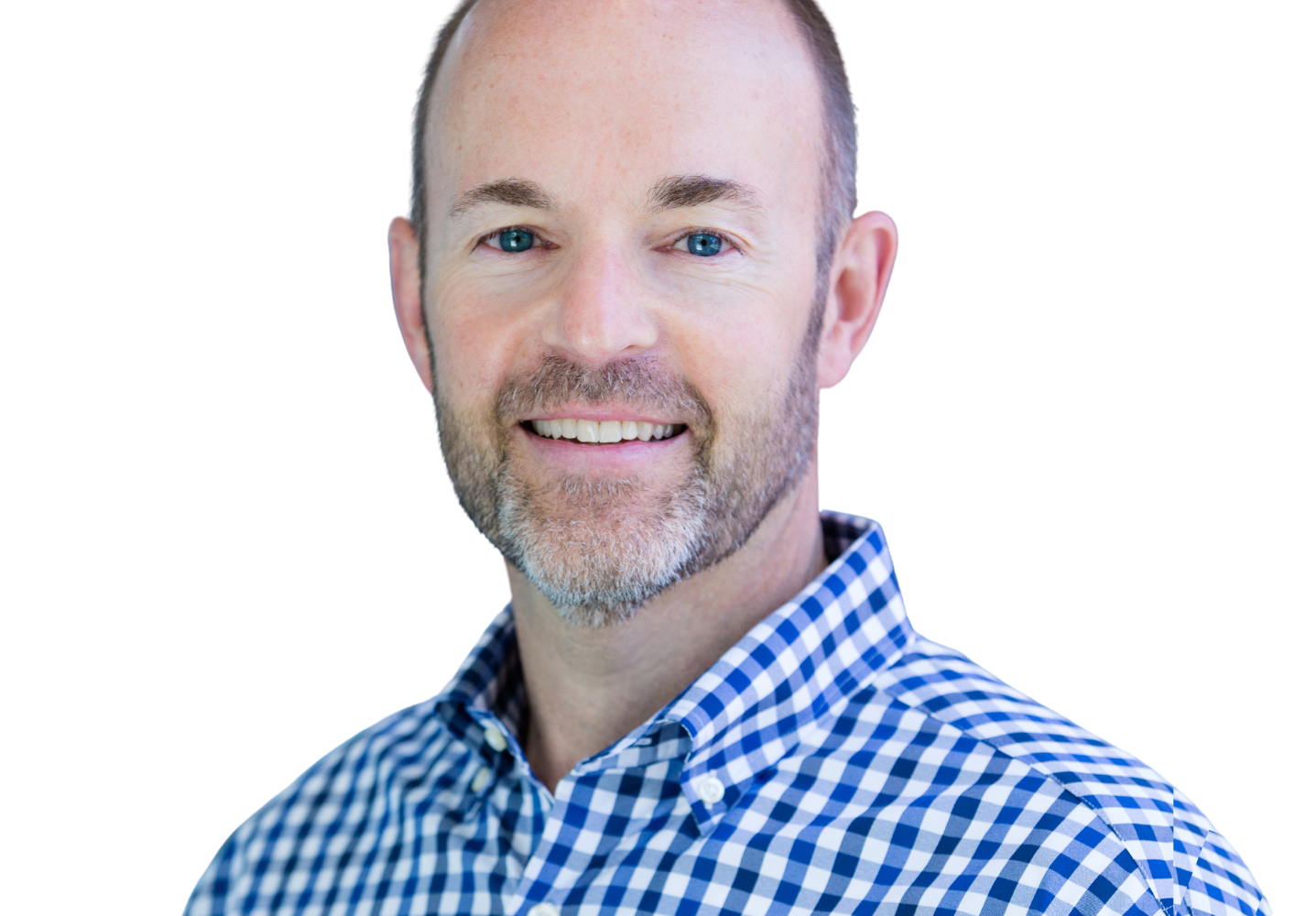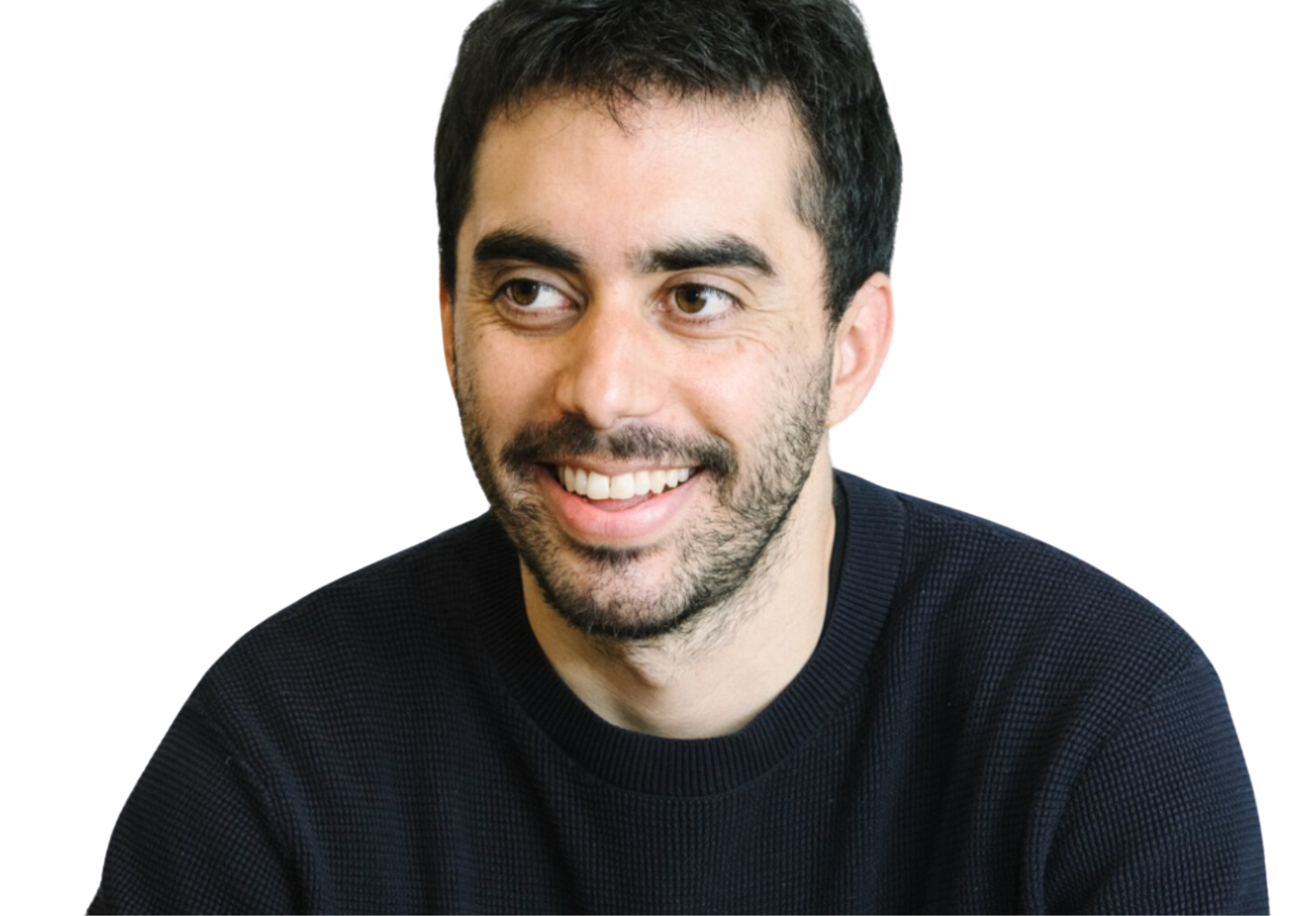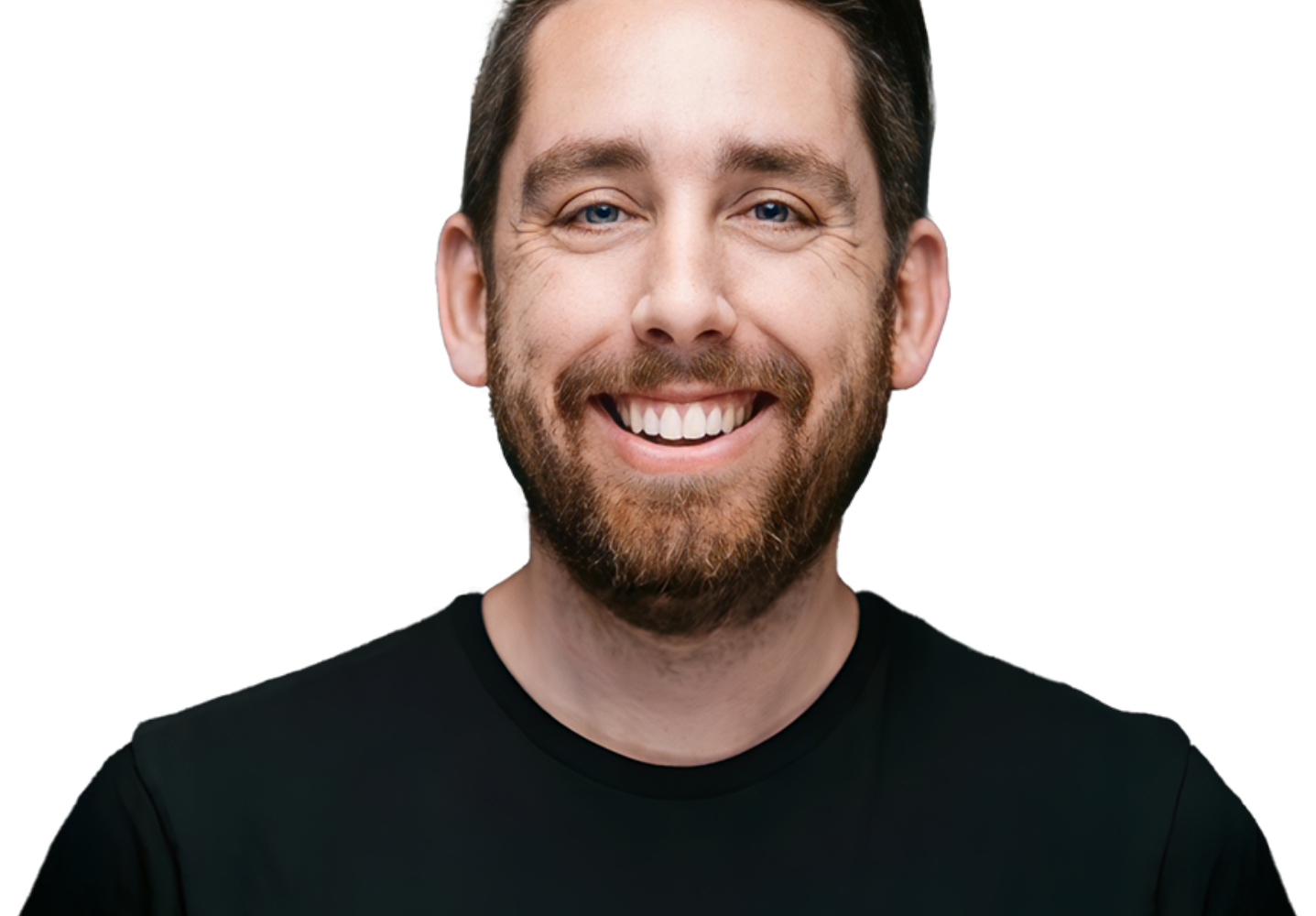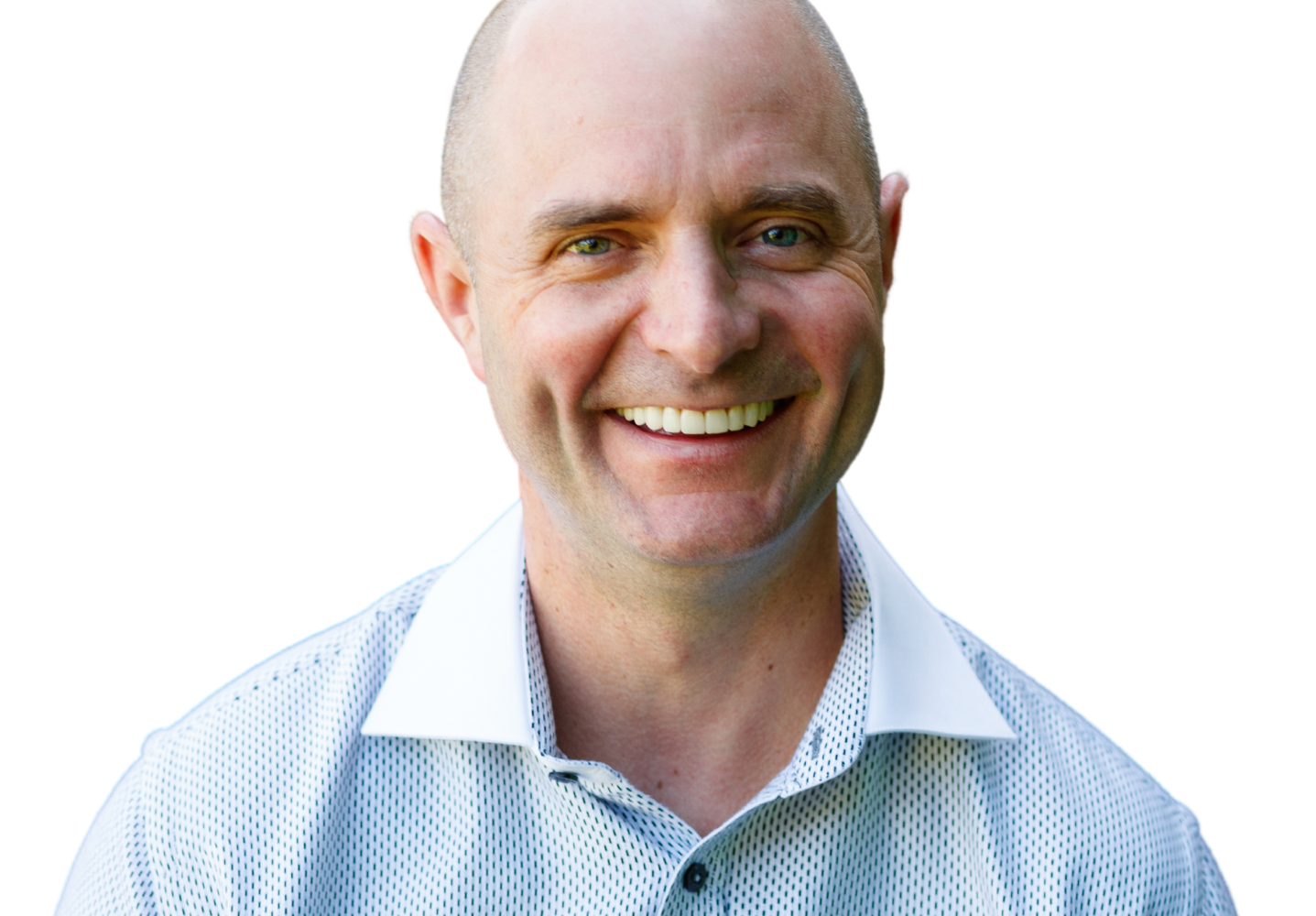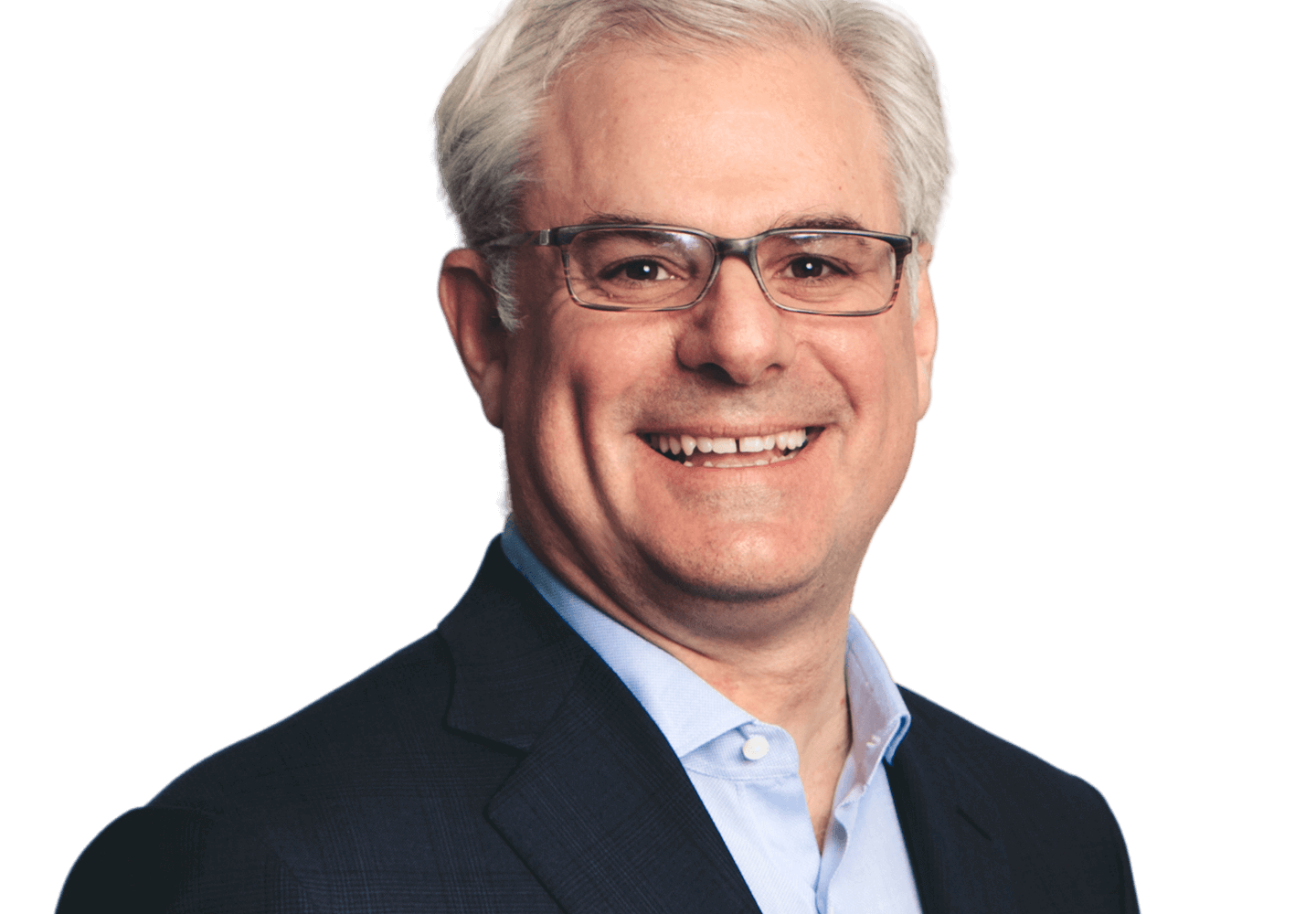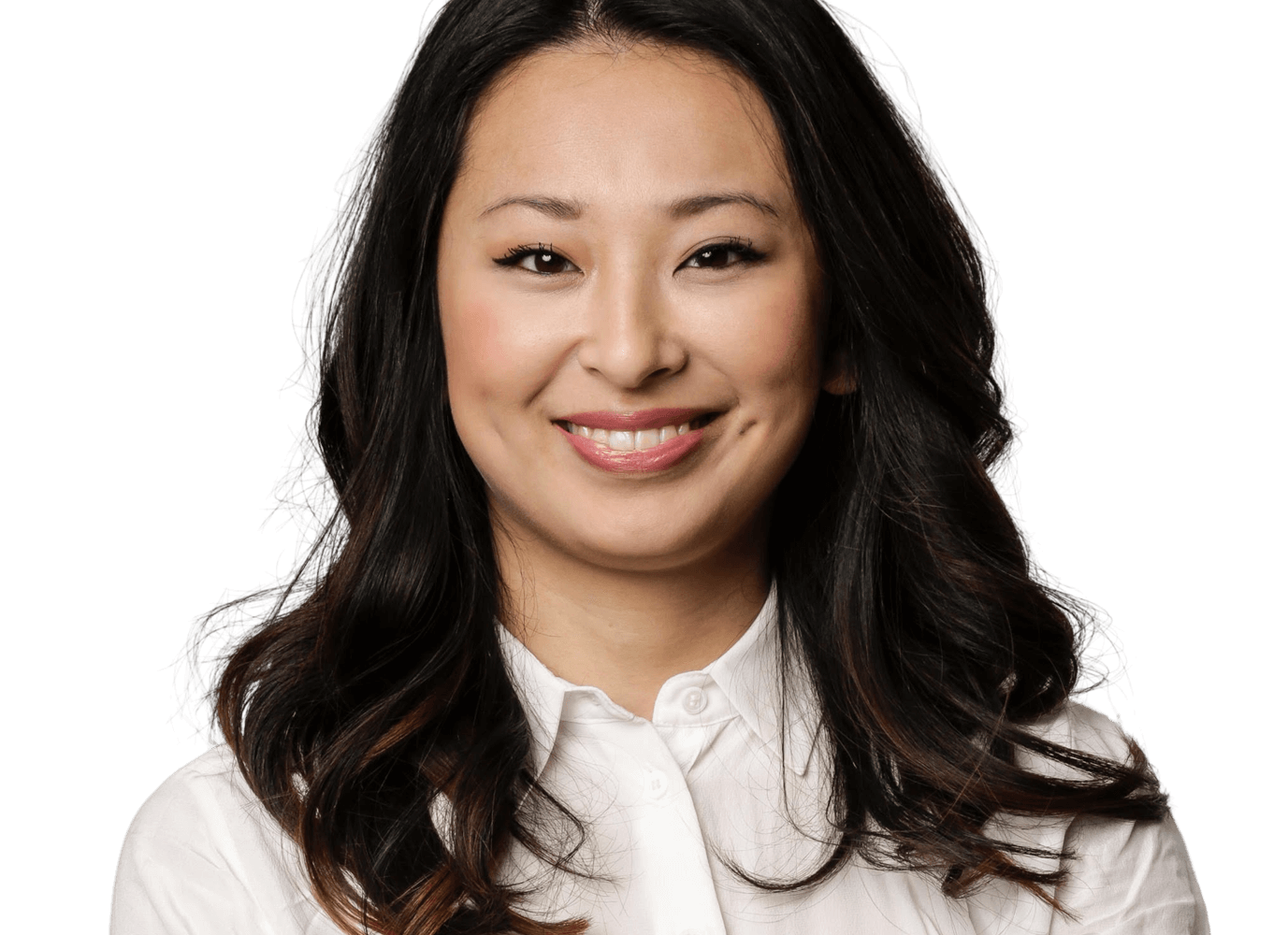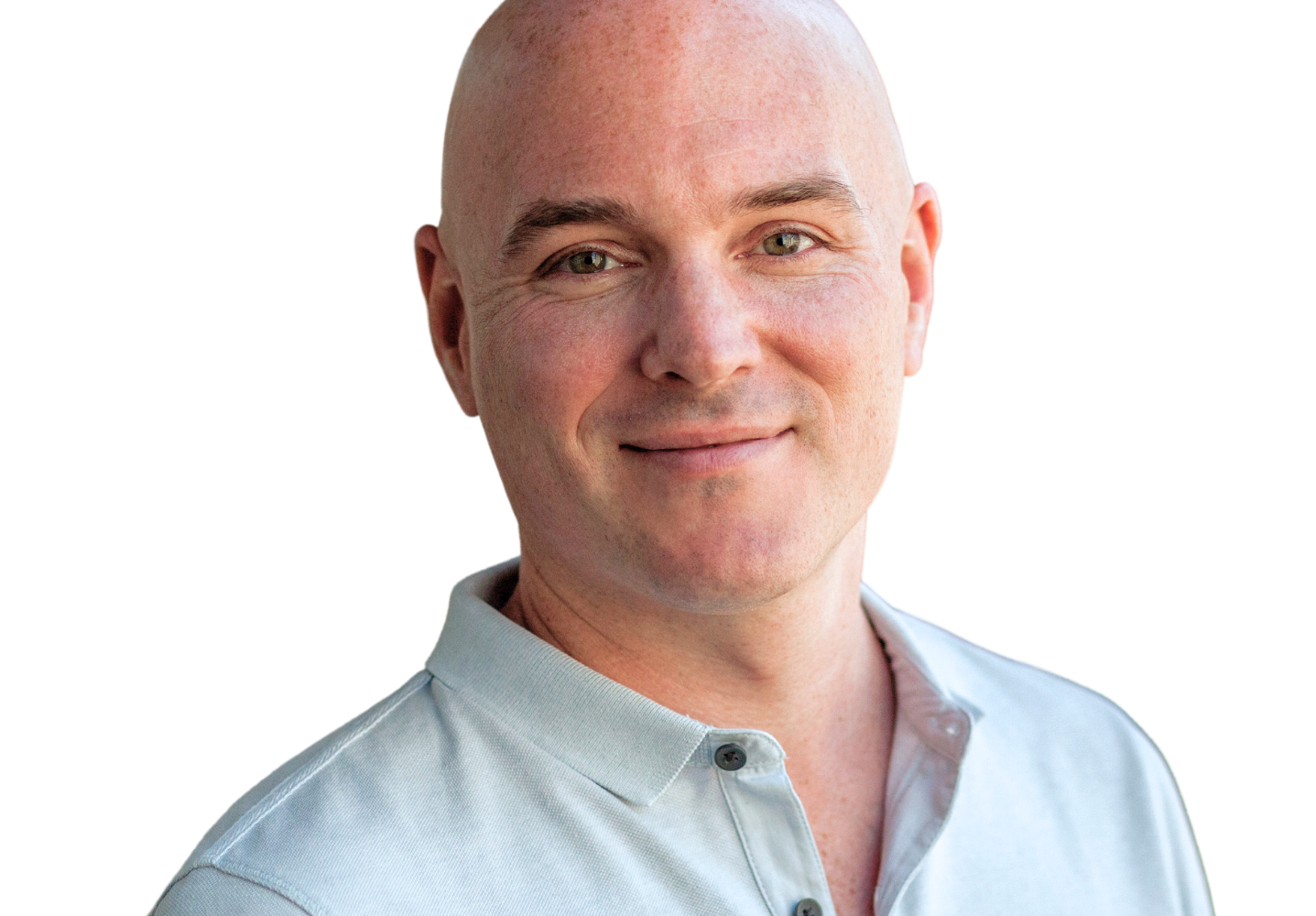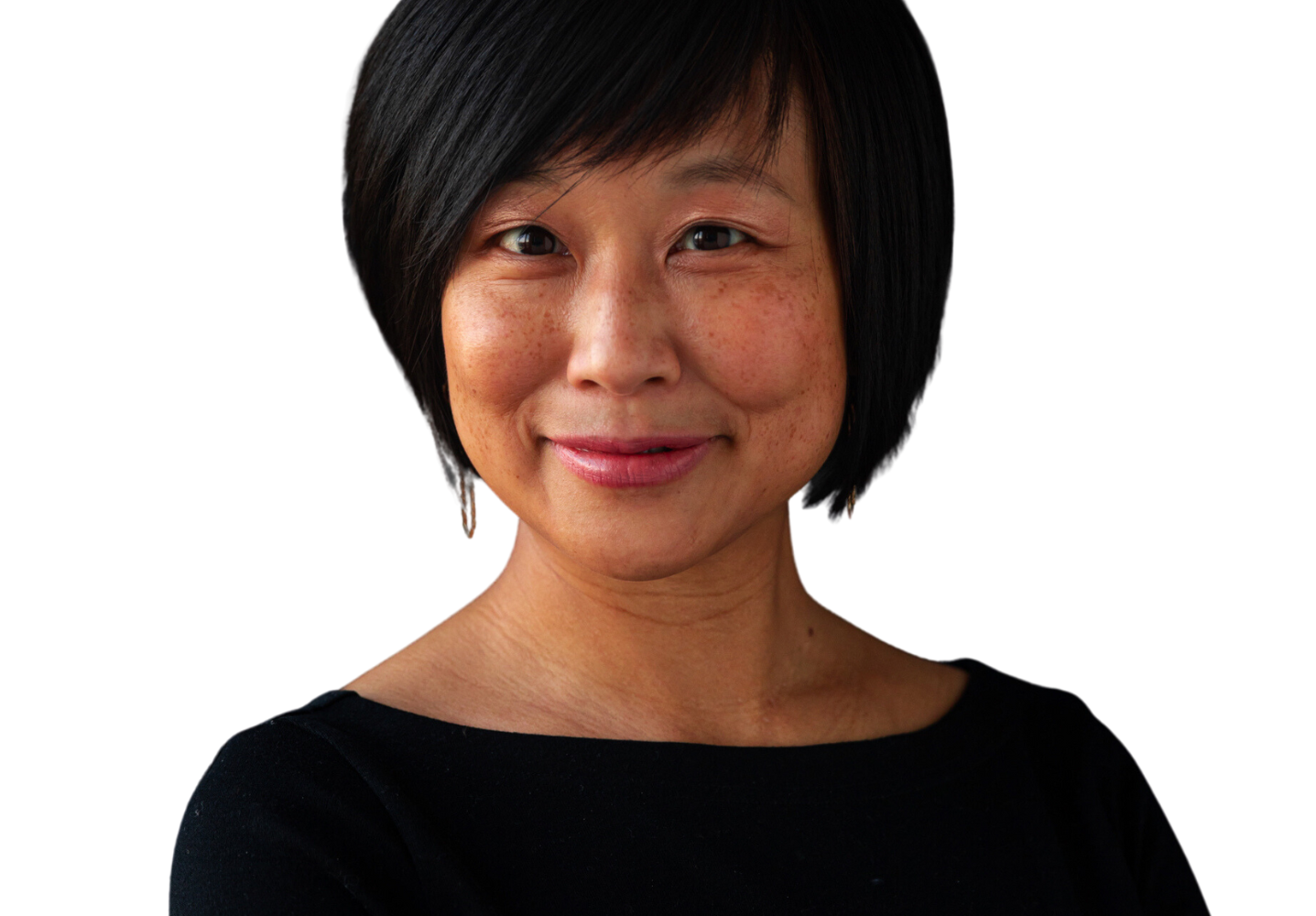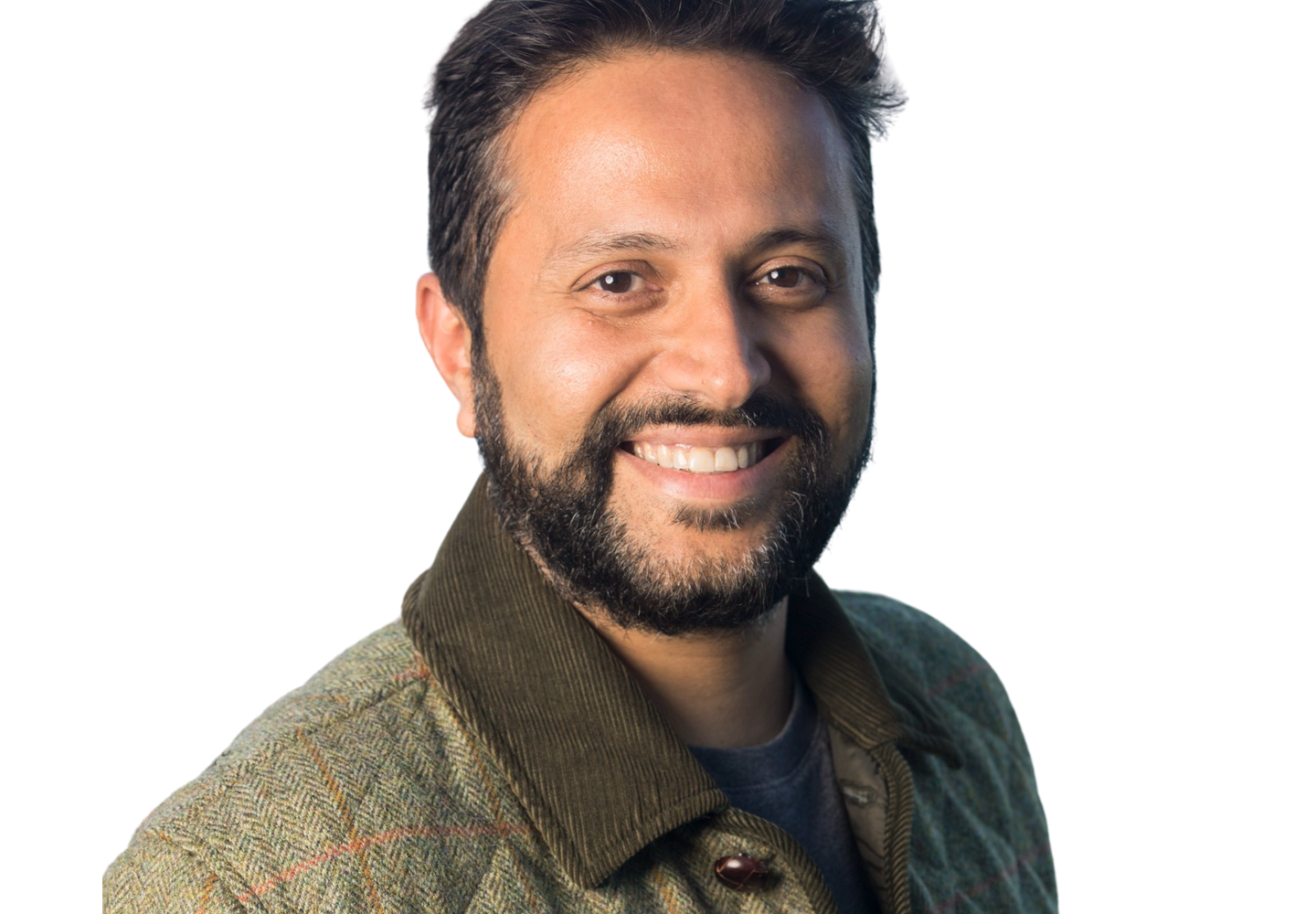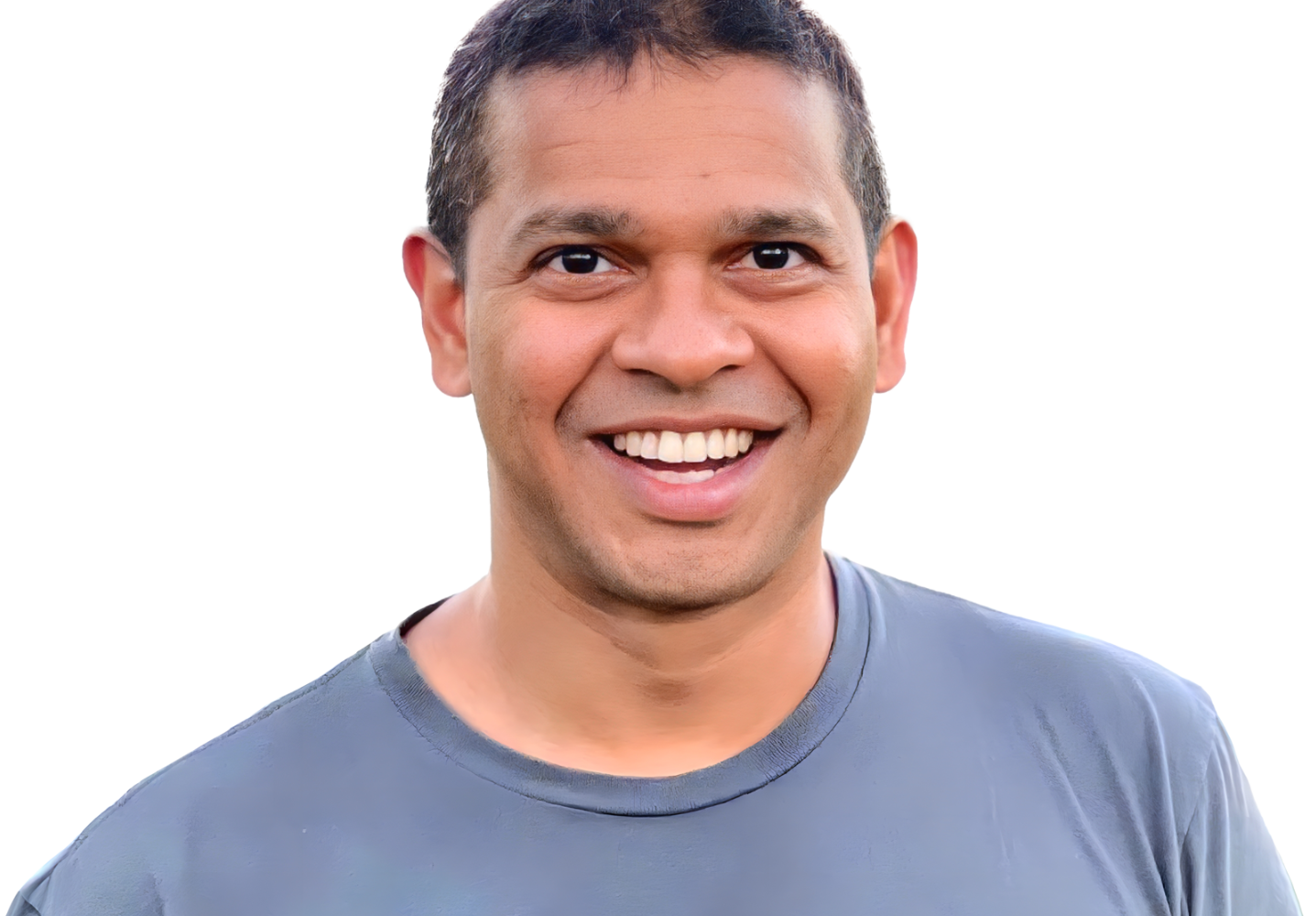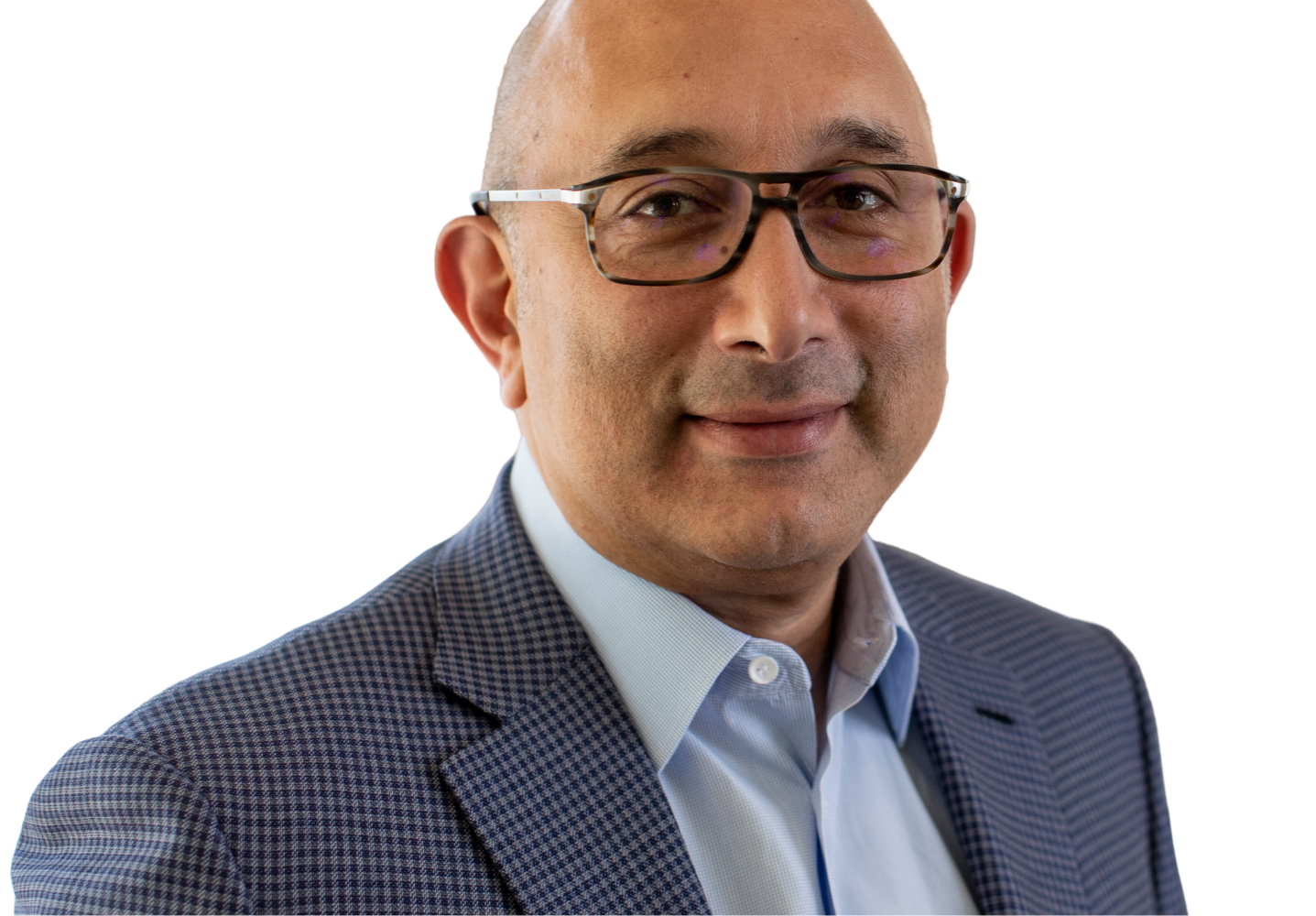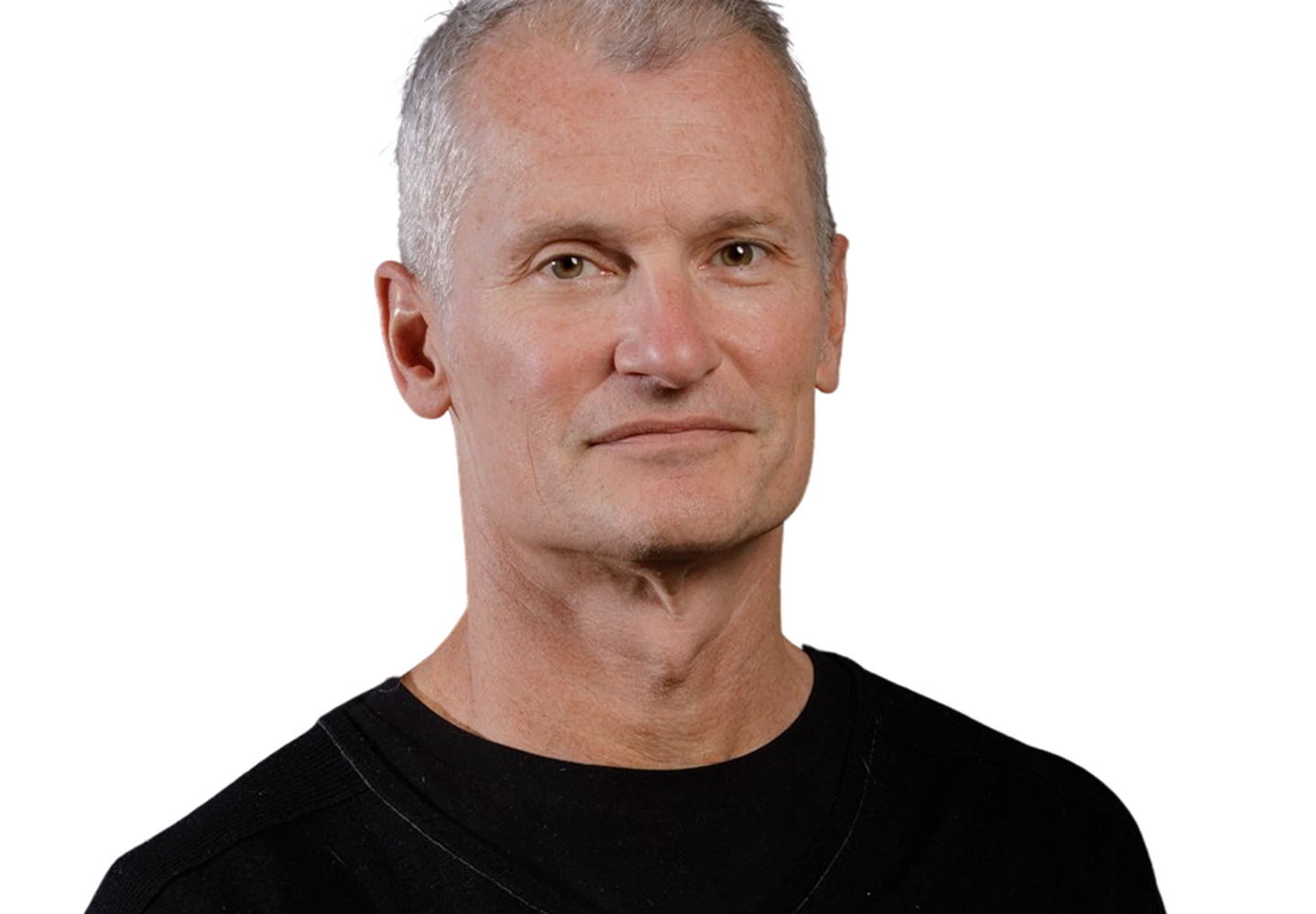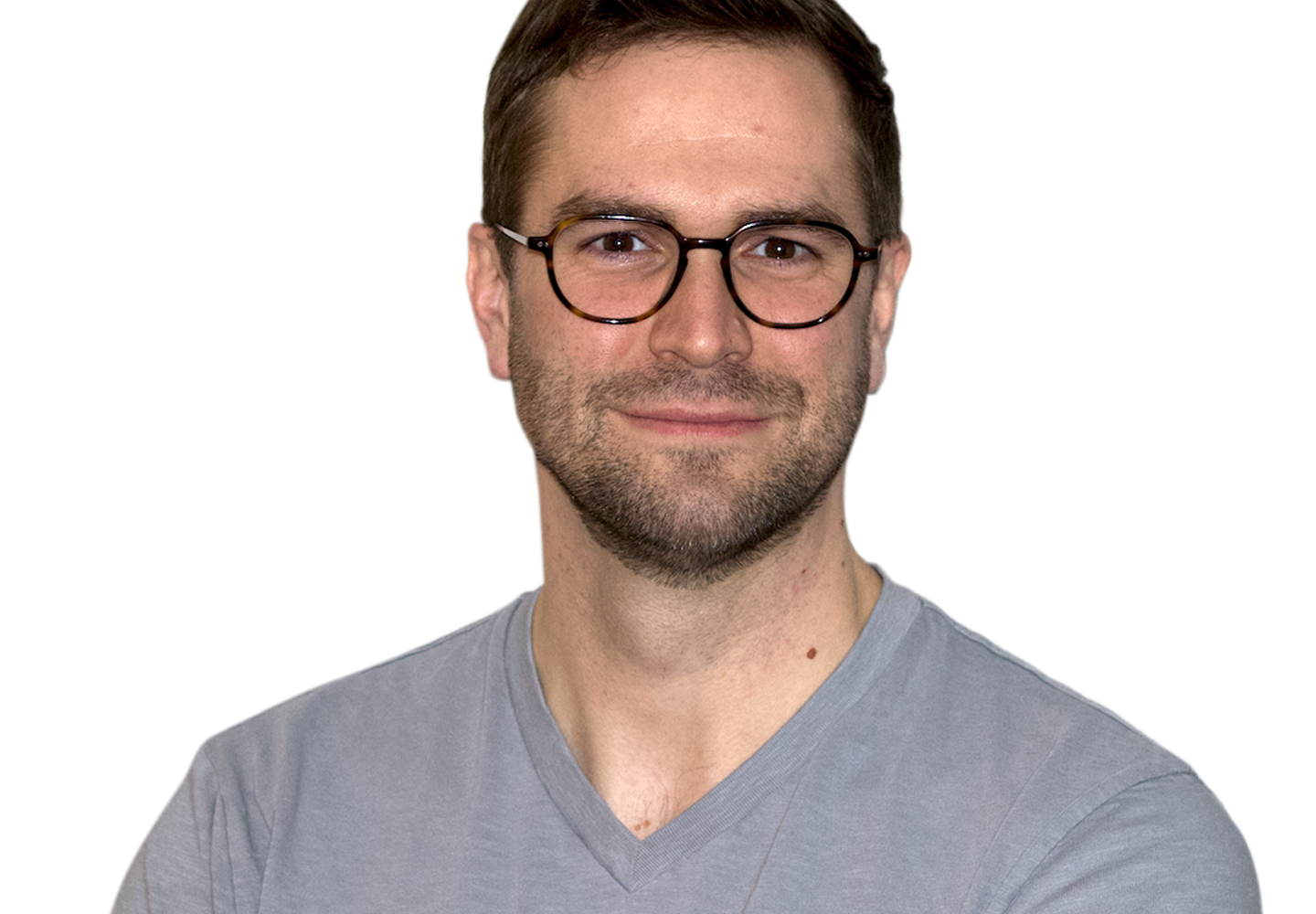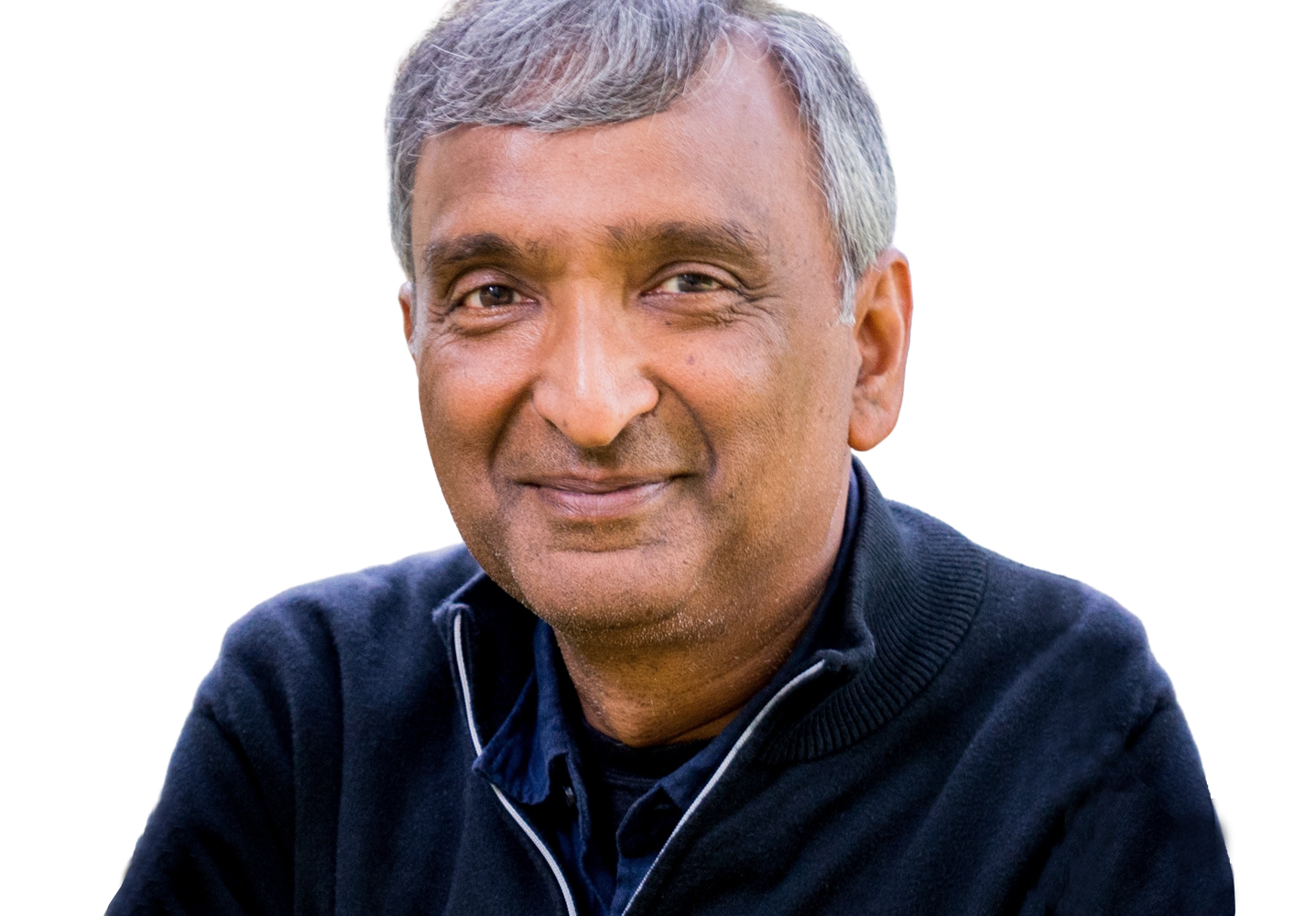What was the problem/the pain point that inspired the creation of Nautilus, and why were you the right people to tackle it?
Sujal: One of the biggest problems in health care today is that the ability to measure proteins in biological samples is very difficult and provides poor results. Over the last two decades, next-generation sequencing has conquered genomics — analyzing DNA in a sample has become a commodity. You can analyze a sample in a day for a few hundred dollars and get 99% of the genome. But for proteins, that problem is unsolved. The best technologies on the planet today may take weeks and thousands of dollars to analyze a sample and ultimately may only identify 8% to 9% of what’s in that sample. This is a significant problem because your DNA doesn’t change from the day you’re born to the day you die. But proteins, which do all the work in your body, are constantly changing. Additionally, roughly 90% of our FDA-approved drugs and most of our molecular diagnostics target proteins. The inability to measure proteins effectively has a profound, negative impact on drug development, the speed and efficacy of drug development programs, and the delivery of truly precise and personalized medicine. We founded Nautilus with a bold and very unique idea on how you could achieve complete protein analysis of any sample type of any organism. And we’ve been working hard to build a new instrument and platform to successfully deliver comprehensive proteomic measurement.
Parag and I have known each other for about 17 years. He was actually a very important customer of my last company — Isilon Systems. When he went to teach and do research at Stanford about 10 years ago, I was very excited about his research, and my wife and I have philanthropically supported that research since then. In 2016 he had an epiphany about how to tackle the challenge of measuring the proteome and then called me up. I think he said, “Sujal, I need to start a company. How do I not screw it up?” That conversation very quickly evolved into the two of us doing this together. We have very complementary skills. Parag is a biochemist and computer scientist, and I’m a computer scientist, entrepreneur, and company builder. What we’re trying to tackle is bold and complex, and it requires very interdisciplinary people. Inside our company are software and hardware engineers, biochemists, nanofabrication engineers, optical engineers and single molecule biophysicists and chemists. Having all these skills is critical for our team because that diversity leads to success.
I think with some VCs, and Madrona in particular, you can see they are looking at companies trying to do good in the world. That is part of what motivates them. And that was clear from day one when working with Madrona.
What is it like to work with Madrona?
Sujal: I’ve had a relationship with Madrona for over 20 years. What makes Madrona a really successful partner for entrepreneurs is not that they have money. Lots of VCs have money. But the partners at Madrona have excellent instincts about building and growing companies. They work hard to build a significant network in the Northwest and beyond — that’s helpful to companies.
Parag: One of the things that I’ve appreciated about working with Madrona is their level of interaction. Having that ability to sit down with Matt and work through very early versions of our Series A and Series B decks, both on the thought process side as well as on the presentation side — that level of investment in and care for his entrepreneurs is really special.
I think with some VCs, and Madrona in particular, you can see they are looking at companies trying to do good in the world. That is part of what motivates them. And that was clear from day one when working with Madrona. Yes, we have a trajectory to make a hugely profitable company. However, the core of what we are trying to do is to develop tools that help people. That focus on doing good in the world has always been front and center of our mission, and I definitely felt that was a key driver of Madrona’s interest in our company.
Tell us about a Madrona Moment.
Parag: I have two that resonate with me. The first was very early in our life when Matt arranged for us to present to the Fred Hutchinson Cancer Research Center board. That was an exciting opportunity to share what we were working on with a group of really influential, thoughtful people to get feedback. We were a young company, but Matt saw that opportunity for connections, took advantage of it, and made it happen. That was special and demonstrates Madrona’s network and how they are willing to leverage it for their companies. And we’ve had great relationships with the Hutch ever since. And the second one I mentioned before — I remember sitting down with Matt literally going through our deck slide by slide. He helped us fine-tune the entire arc and nature of how we presented ourselves as a company — what he thought was important, what we shared that resonated with him — that was an intense and awesome process. The level he’s willing to dive into the weeds with his companies is super valuable.
What have you learned about yourself during this process?
Parag: Something I hadn’t fully appreciated about myself is the nature of resilience required to build a company. We’ve gone through some tough times, and I think the two of us supporting each other through that and bouncing back — made me realize that stuff happens, but good teams can fight through it. I don’t think I had realized how vital resilience was or that being able to bounce back from adversity was actually a core part of my personality.
What is the most important lesson that you have learned during your startup journey?
Sujal: In my 20+ years as an entrepreneur, I’ve learned that nothing ever goes according to plan. You have to be, to a fault, an eternal optimist and keep pounding away and persevering through every challenge in front of you. Everything can be solved — you just have to keep trying. Also — even after doing this for two decades — I could still hire better. I advise founders to pay attention to their instincts, and unless the person is right, just wait. Making a wrong hire and then dealing with the result is ten times worse. So, just wait until you find the right person.
Parag: My advice is biased and selfish. Starting a company with a clear view of what problem you want to solve makes all the difference. I think that believing and knowing the importance of that problem makes everything easier and better. And I appreciate that Madrona tends to skew toward high-quality companies that are going to make a difference in the world.

